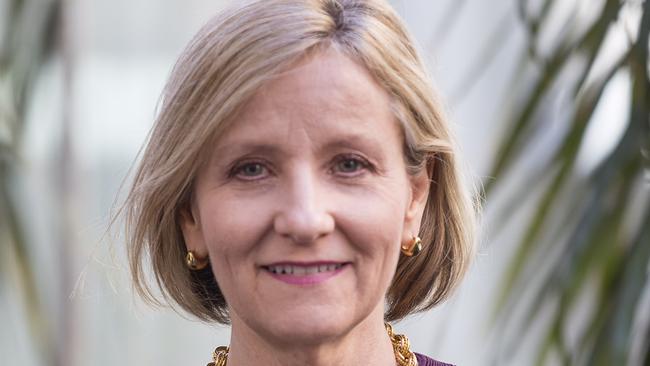HCF calls for independent regulator of medical devices
HCF boss Sheena Jack has called for the creation of an independent regulator of medical devices.

Health insurer HCF has raised concerns that some doctors may be deciding what device to implant in patients based on commercial factors rather than clinical evidence.
HCF chief executive Sheena Jack has called for the creation of an independent regulator of medical devices that could compare the clinical efficacy of different brands of prostheses to combat the problem.
The independent regulator could make recommendations about which should be publicly funded.
Ms Jack said she was concerned that sales representatives from medical device companies were often present in theatres alongside surgeons, giving instructions on implantation of the prosthesis.
“I think there is a growing body of evidence that is looking at just how pervasive the sales reps are within the hospital walls,” she said.
“I think most people would agree that is at least open to a conflict of interest.
“The other really important aspect to this is there should be a complete review around the clinical efficacy of the items on the prostheses list. And what we would ideally propose is that we should have exactly the same system for medical devices as we have for pharmaceuticals.
“So we have a world-class structure in Australia in terms of pharmaceuticals that reviews the price, the clinical efficacy, what’s on the list, what’s not on the list.
“A regulator should be assessing the clinical evidence around a device before it gets on the prostheses list. If there’s evidence to show that one device, one type of device, is better than the other devices, then that’s the one that should be funded.”
The federal government instituted reforms two years ago to the prostheses list to regulate prices, but insurers have ongoing concerns that the price of individual prostheses is often higher if the device is implanted in a private hospital rather than a public one.
“We are required to pay the amount that’s on the prostheses list, but that is often multiple times more than what public hospitals have to pay,” Ms Jack said. “So it’s a very clear example of where there is just unnecessary additional cost that we are bearing in the private health system.”
Data compiled by Private Healthcare Australia shows large differences between the cost of medical devices in Australia compared with the same product provided overseas. For instance, the cost of one leading brand hip replacement device is $7623 on the Australian prostheses list but costs the equivalent of $5151 in Britain and $4641 in New Zealand.
The federal government’s prostheses list sets the amounts insurance funds must pay for more than 10,000 prostheses and implanted medical devices.
The Medical Technology Association of Australia dismissed the calls for a regulator of prostheses as a “calculated, co-ordinated campaign by private health insurers” aimed at distracting consumers from health insurance premium price rises. It said there was no evidence to back the claim that medical devices sales representatives influenced doctors.
“Under this logic, government should appoint one private health fund to deliver all private health policies based on who public servants — not patients, doctors or hospitals — believe delivers the best value for money,” MTAA chief executive Ian Burgess said.
“What’s the point of having a private system if there’s no choice for patients or doctors?”




To join the conversation, please log in. Don't have an account? Register
Join the conversation, you are commenting as Logout